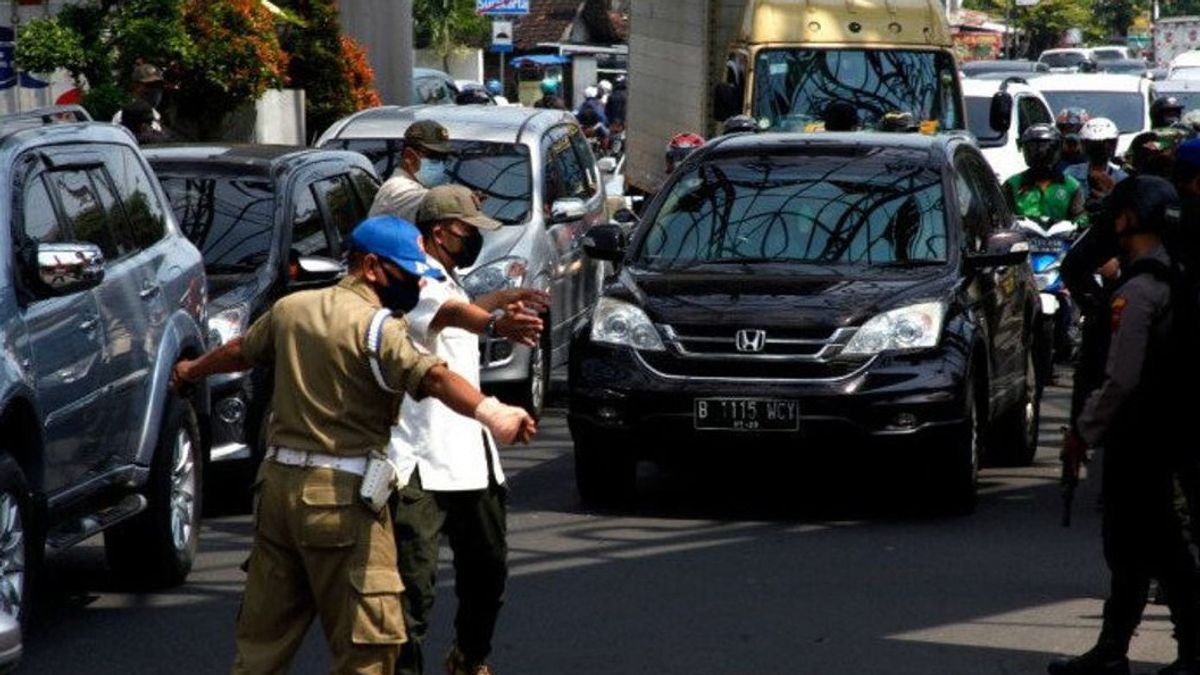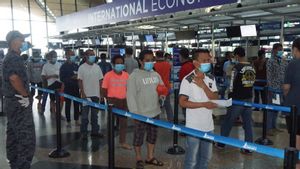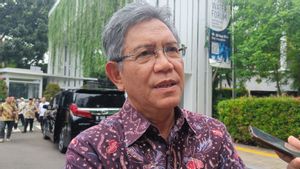
JAKARTA - The government predicts that there are still 17.5 million people who are still determined to go home to their hometowns on this year's Eid, even though it has been banned.
The proof is that the police found many vehicles leaving the city without carrying an Exit/Entry Permit (SIKM) as a condition for travelers with non-travelers destinations. This is agreed by epidemiologists.
"Seeing the current condition, there are indeed a lot of travelers who are still desperate. Apart from being in their hometowns, some are still moving in various ways and paths", said epidemiologist from Australia's Griffth University, Dicky Budiman to VOI, Friday, May 7.
Therefore, the most important way to prevent a potential spike in COVID-19 cases is with the role of religious leaders, community leaders, local governments, the media, and migrant associations to continuously convey information that currently the Indonesian pandemic situation is getting more serious.
"Socialize that we should not become people who play a role in the worsening of this pandemic. Even though we are in his hometown now, of course, we must understand what must be done", said Dicky.
No less important, the COVID-19 Task Force at the smallest community level such as neighborhood association or village must start moving to map the travelers who come to their area. When they find that there are travelers, the Task Force within the neighborhood association can record the houses that have been visited by travelers.
"If it can be recorded, it is to trace or contact tracing. Data on which houses are arriving for travelers. Then every three days the arrival is monitored, especially if there are symptoms that lead to COVID-19 or not", he said.
Then, the regional Task Force ensures that travelers carry out quarantine when they arrive at their hometown. Then, family or relatives who are in the same house are asked to understand the risk of transmitting COVID-19.
"It's not a family problem, but this virus doesn't see kinship. That means they have to limit interactions, don't hold big events, and apply health protocols. Initially, the prevention of virus transmission was attempted in the smallest scope", said Dicky.
The English, Chinese, Japanese, Arabic, and French versions are automatically generated by the AI. So there may still be inaccuracies in translating, please always see Indonesian as our main language. (system supported by DigitalSiber.id)












